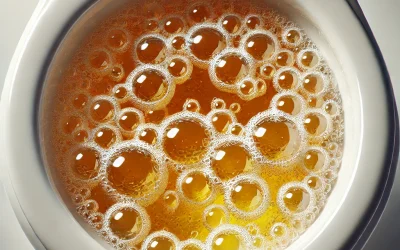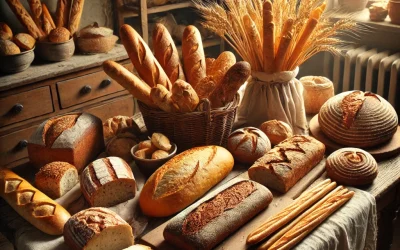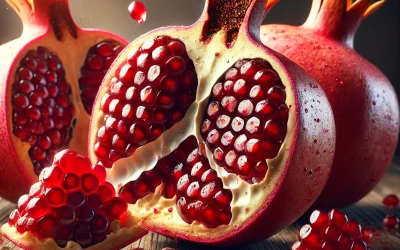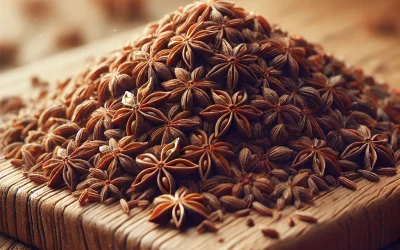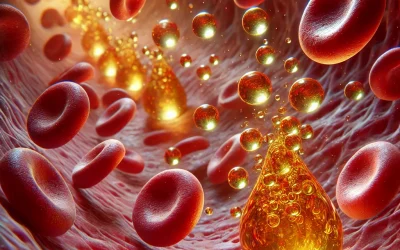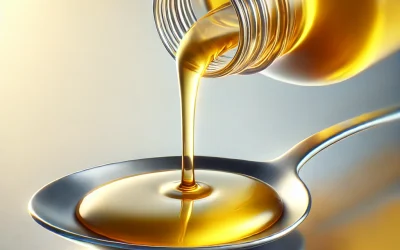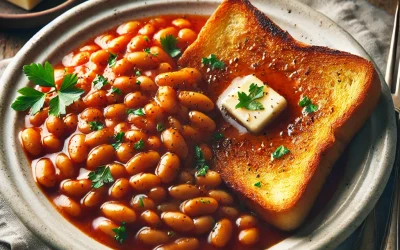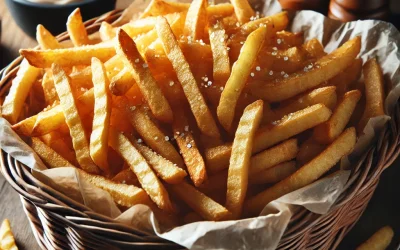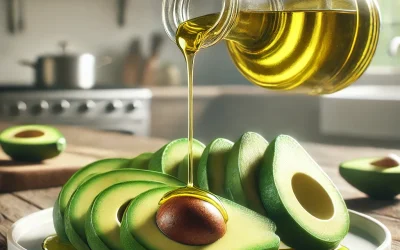Spices are a crucial part of global cuisines, adding flavor, aroma, and even medicinal benefits to our food. However, for individuals managing diabetes or monitoring insulin sensitivity, it is essential to understand how different spices may affect insulin levels. Some spices have been studied for their potential to regulate blood sugar levels, while others may contribute to insulin spikes. This article explores various common spices, their potential effects on insulin levels, and the scientific reasoning behind their impact.

Understanding Insulin and Blood Sugar Regulation
Insulin is a hormone that regulates blood sugar levels by allowing cells to absorb glucose for energy. Spikes in insulin can be triggered by carbohydrate-rich foods, but recent studies suggest that some spices may also influence insulin production, either by increasing sensitivity or causing fluctuations.
To provide a clearer picture, we have compiled a table of commonly used spices and their potential effects on insulin levels.
Spices and Their Effects on Insulin Levels
| Spice | Insulin Spike | Explanation |
|---|---|---|
| Basil | May Lower | Particularly Holy Basil (Tulsi), which may aid in glucose control. |
| Black Pepper | No Information | Some studies suggest it may enhance insulin sensitivity, but no direct link to insulin spikes. |
| Cardamom | No Information | Contains bioactive compounds but no clear evidence of insulin impact. |
| Chili Powder | No Information | Capsaicin in chili powder may enhance metabolism, but its effect on insulin is unclear. |
| Cinnamon | May Lower | Well-studied for its ability to mimic insulin and lower blood sugar levels. |
| Clove | May Lower | Rich in antioxidants and polyphenols that may aid glucose regulation. |
| Coriander | No Information | Traditional use for blood sugar regulation, but research is limited. |
| Cumin | May Lower | Some studies suggest cumin may improve insulin function. |
| Dried Garlic | No Information | Garlic has compounds that may lower blood sugar but lacks evidence of directly affecting insulin spikes. |
| Fenugreek | May Lower | Contains soluble fiber that slows glucose absorption, improving insulin sensitivity. |
| Fennel | No Information | Used in digestive remedies but lacks data on insulin impact. |
| Ginger | May Lower | Has been shown to increase insulin sensitivity and lower fasting blood sugar. |
| Mint | No Information | Commonly used for digestion; no direct link to insulin regulation. |
| Mustard Seeds | No Information | May support digestion and metabolism, but no evidence of insulin spikes. |
| Nutmeg | No Information | Nutmeg contains essential oils that may influence metabolism, but no evidence links it to insulin spikes. |
| Oregano | No Information | Contains polyphenols beneficial for health but no proven insulin effects. |
| Pikabra (African Nutmeg) | No Information | Traditional use in herbal medicine, but no scientific data on insulin response. |
| Rosemary | May Lower | Some evidence suggests it enhances insulin sensitivity. |
| Sage | May Lower | Studies indicate sage can improve insulin sensitivity and glucose metabolism. |
| Salt | No Effect | Sodium intake affects blood pressure but does not directly influence insulin. |
| Thyme | No Information | Contains antioxidants but no direct link to insulin levels. |
| Turmeric | May Lower | Curcumin, the active compound, is known to improve insulin sensitivity and reduce inflammation. |
How Spices Influence Insulin Levels
- Bioactive Compounds – Many spices contain bioactive compounds, such as polyphenols, flavonoids, and essential oils, which may improve insulin sensitivity.
- Anti-Inflammatory Effects – Chronic inflammation can contribute to insulin resistance. Spices with anti-inflammatory properties, such as turmeric and cinnamon, may help reduce this risk.
- Metabolism Enhancement – Some spices, including chili powder and cumin, may enhance metabolism, indirectly supporting glucose control.
- Soluble Fiber Content – Spices like fenugreek contain soluble fiber, which can slow glucose absorption and prevent blood sugar spikes.
- Antioxidant Properties – Antioxidants in cloves, rosemary, and sage may play a role in regulating insulin function.
Conclusion
While some spices appear to aid insulin sensitivity and glucose metabolism, there is limited scientific evidence linking many directly to insulin spikes. For individuals managing diabetes, including spices with known benefits, such as cinnamon, turmeric, and fenugreek, may be helpful. However, it is always advisable to consult a healthcare professional before making dietary changes.
Spices can be powerful allies in maintaining balanced blood sugar levels when used as part of a healthy diet. Understanding their potential effects on insulin can help you make informed dietary choices and enjoy flavorful meals without unintended metabolic consequences.

